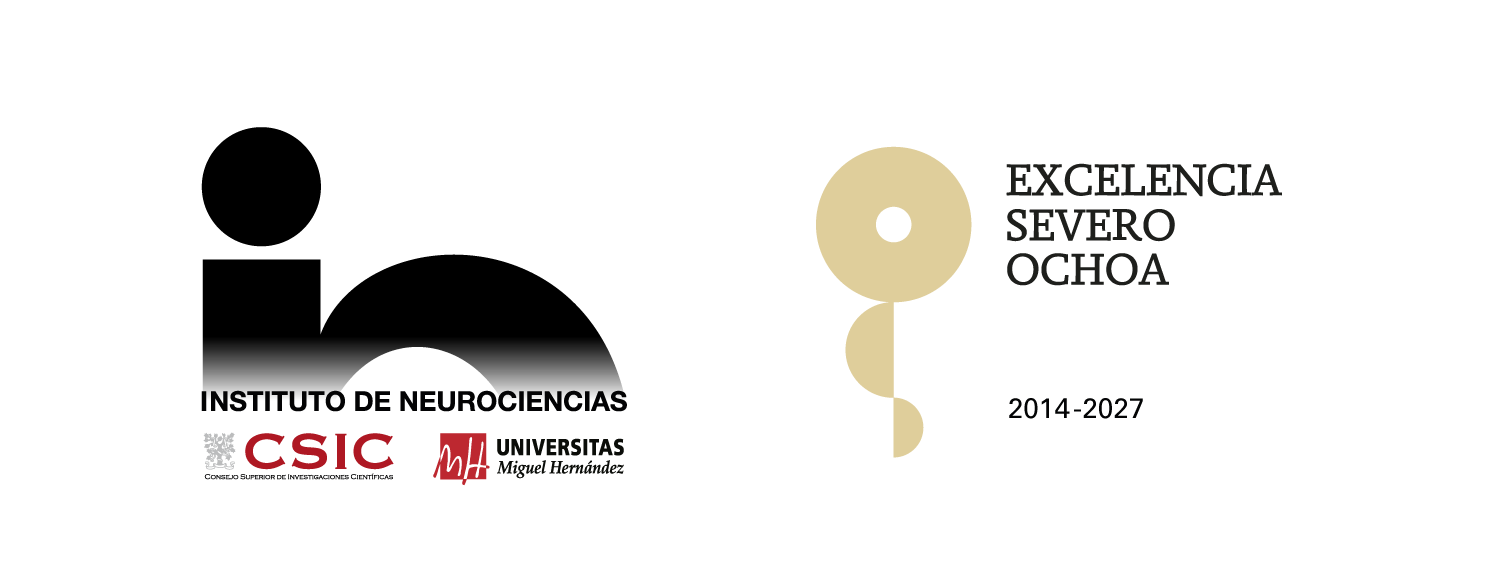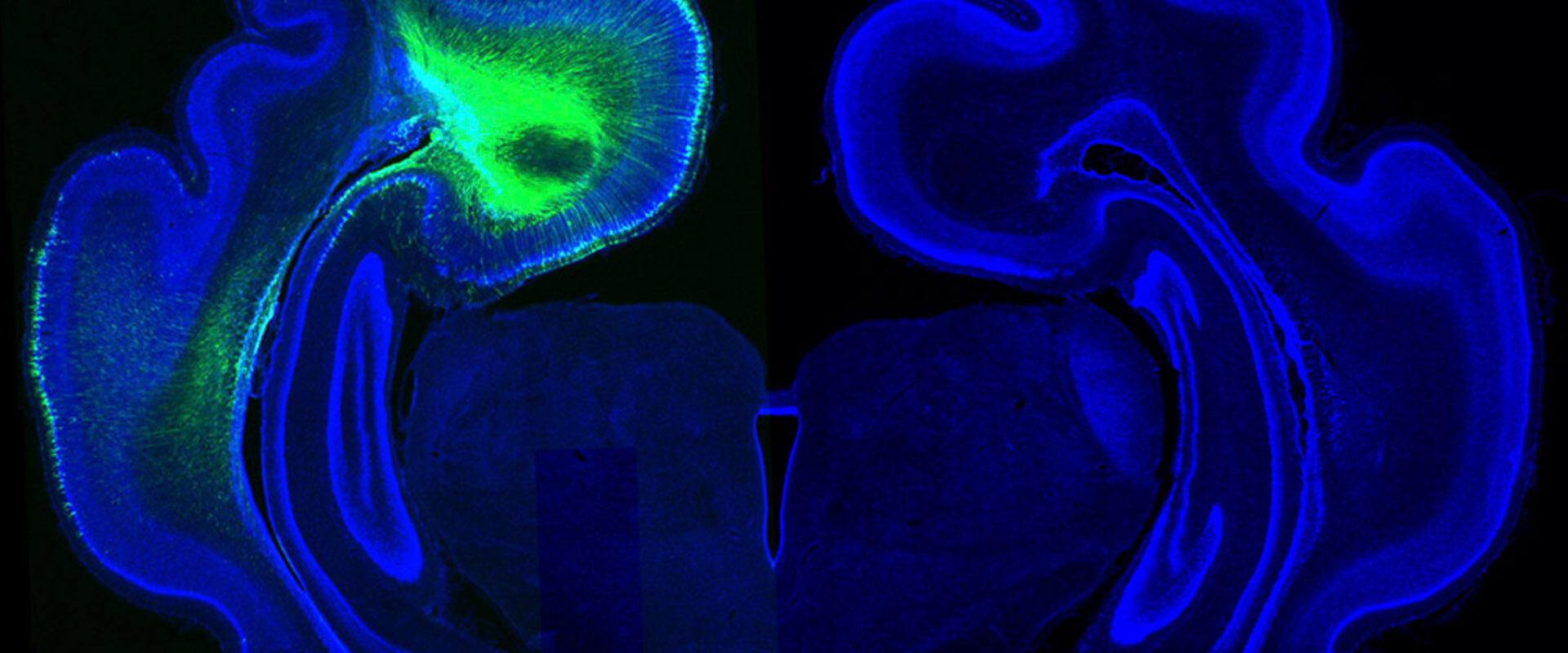Slit/Robo Signaling Modulates the Proliferation of Central Nervous System Progenitors
Neurogenesis relies on a delicate balance between progenitor maintenance and neuronal production. Progenitors divide symmetrically to increase the pool of dividing cells. Subsequently, they divide asymmetrically to self-renew and produce new neurons or, in some brain regions, intermediate progenitor cells (IPCs). Here we report that CNS progenitors express Robo1 and Robo2, receptors for Slit proteins that regulate axon guidance, and that absence of these receptors or their ligands leads to loss of ventricular mitoses. Conversely, production of IPCs is enhanced in Robo1/2 and Slit1/2 mutants, suggesting that Slit/Robo signaling modulates the transition between primary and intermediate progenitors. Unexpectedly, these defects do not lead to transient over-production of neurons, most likely because supernumerary IPCs fail to detach from the ventricular lining and cycle very slowly. At the molecular level, the role Slit/Robo in progenitor cells involves transcriptional activation of the Notch effector Hes1. These findings demonstrate that Robo signaling modulates progenitor cell dynamics in the developing brain.

 Español
Español
